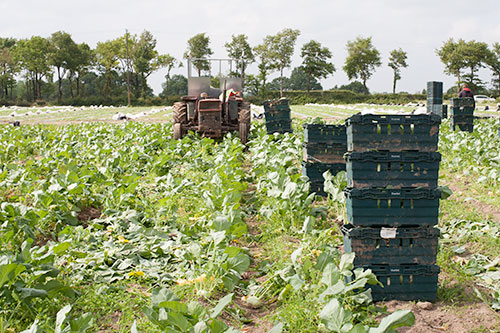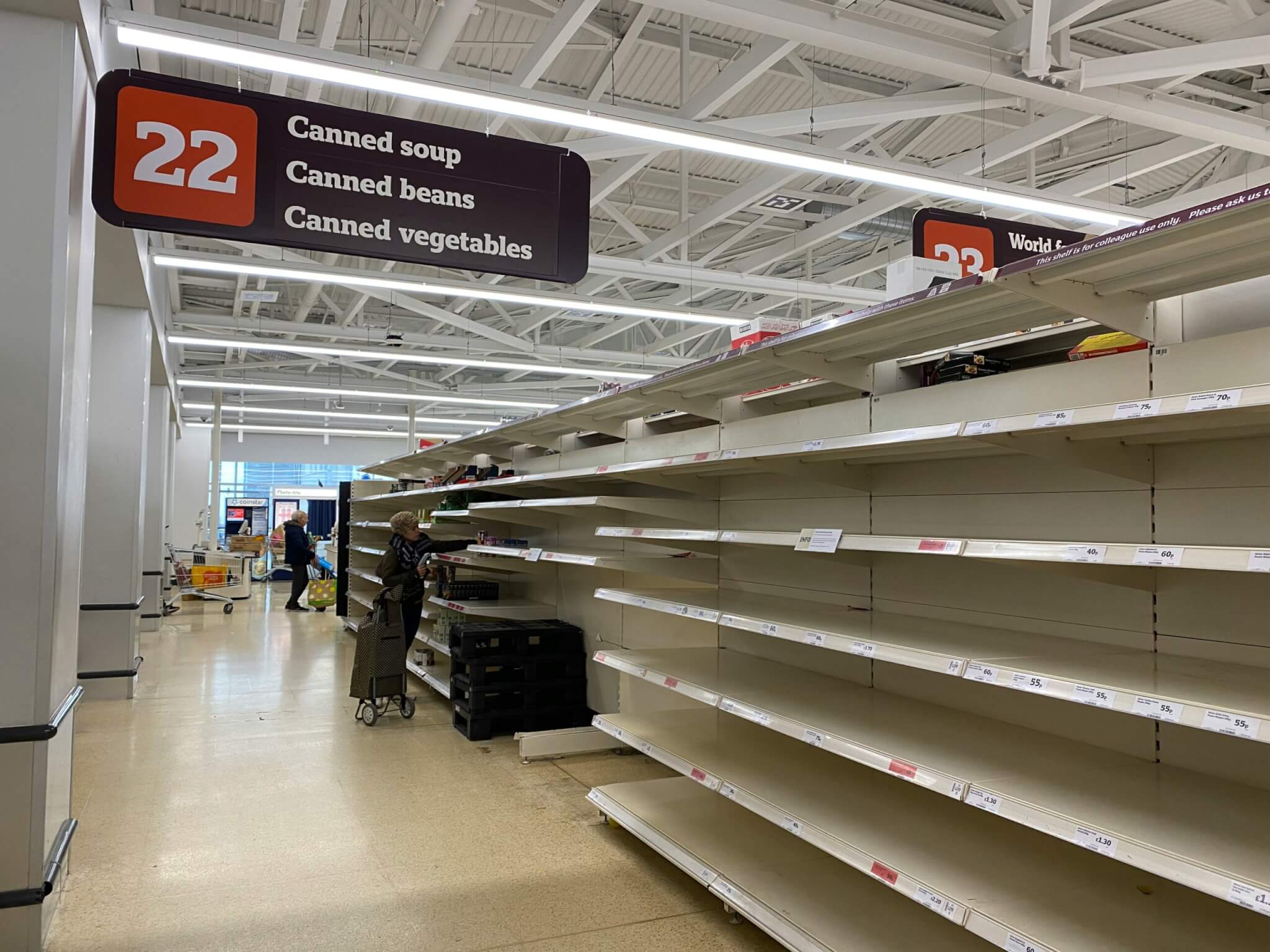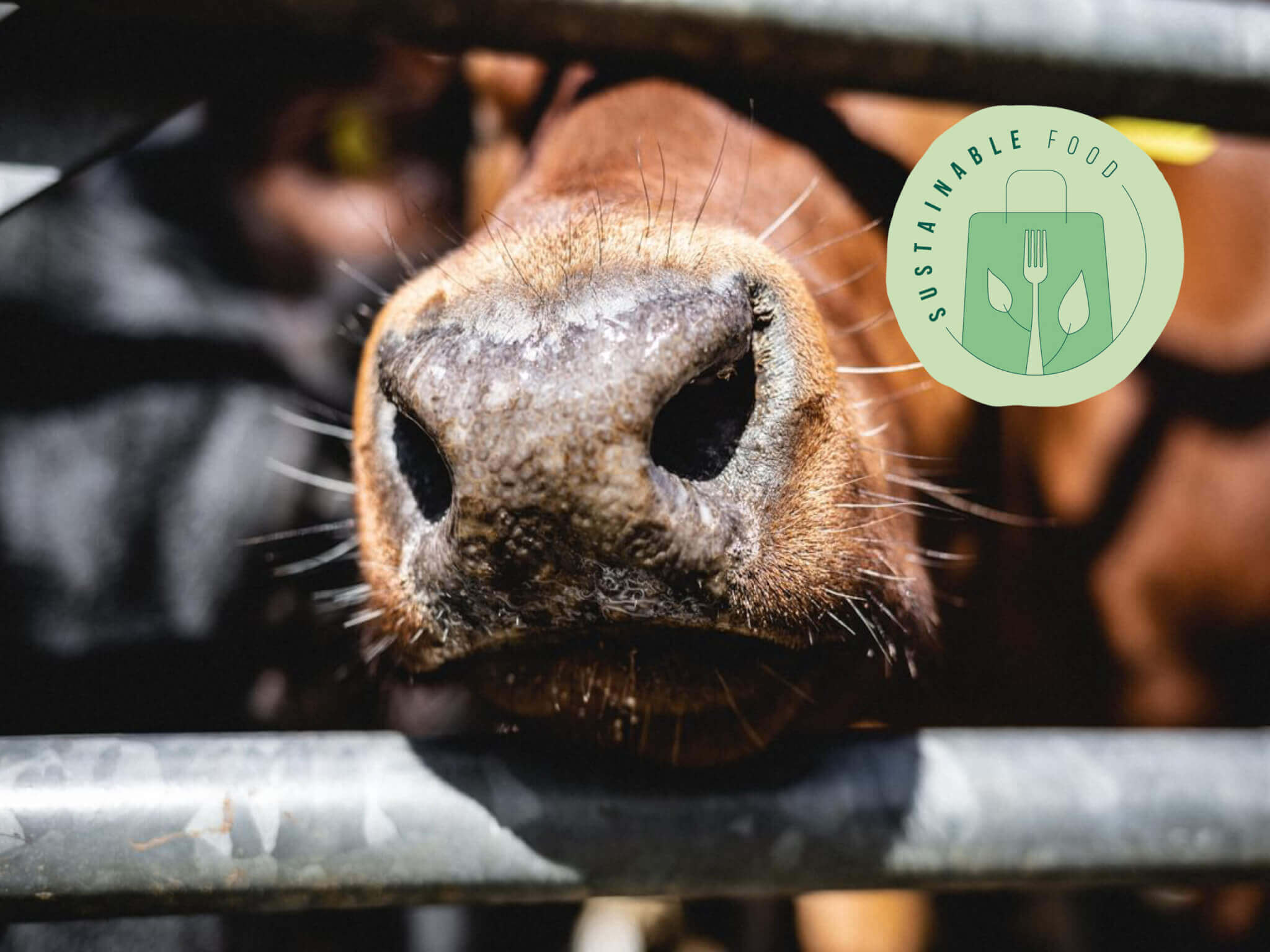
A growing interest in the entire farm-to-bin journey of a product including how it is recycled is leading to a new era of ‘holistic’ sustainability, according to a new report.
The definition of what people understand by sustainability is expanding, according to leading consumer research company Mintel, noting that “circularity is the new sustainability”.
“The definition of sustainability is extending to encompass the entire product lifecycle. From farm to retailer to fork to bin and, ideally, to rebirth as a new plant, ingredient, product or package, this 360-degree approach will ensure resources are kept in use for as long as possible,” the company said.
A “seismic shift” in how people think about plastic is already underway, Mintel said, and from 2019 onwards the focus will increasingly turn towards access to recycling, incentivising people to recycle and offering more ‘upcycled’ products.
There will also be a move to a more “holistic” approach to sustainability with key aspects that will become more important to people including restoring soil health, embracing regenerative agriculture and improving air pollution, as well as waste.
“In 2019, demand for more corporate sustainability programmes will grow as consumers better understand what’s required to get closer to achieving a truly circular food and drink economy,” said Mintel’s associate director for food and drink, Jenny Zegler. “These sustainability efforts will include not only improving access to recycling, but creating products with ingredients that are grown in accordance to regenerative agriculture practices.”
As well as the interest in circularity, Mintel identified two other trends that will shape the future of food innovation as the impact of food on wellness and healthy ageing, and ‘elevated convenience’ that could see meal kits and recipe boxes with restaurant-quality meals expand into other meals during the day, such as breakfast.













0 Comments